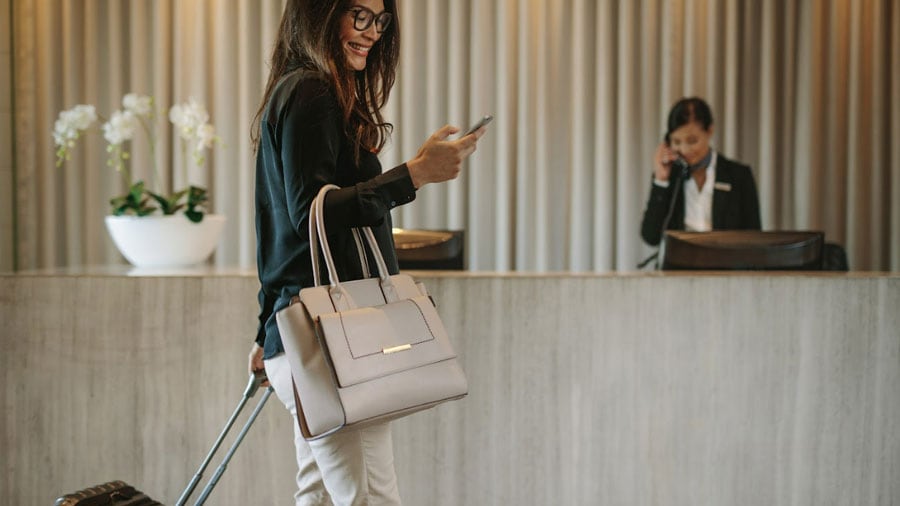27th CEO-Survey
27th CEO-Survey
Economic outlook
Pessimism of last year has changed into a mixed outlook
The 26th CEO Survey found that CEOs were mostly negative regarding their expectations for the economy, with 80 percent of respondents expecting economic decline. The 27th Survey now shows a much more varied picture, although a majority of CEOs still expect a global economic contraction rather than growth. CEOs in the hospitality & leisure sector are a little more optimistic than their global counterparts.
Q: How do you believe economic growth will change, if at all, over the next 12 months in the global economy?
Growth expectations of CEOs regarding their own businesses are also mixed
The expectations that CEOs have for their own company over the next twelve months also show a fairly mixed picture worldwide. The share of CEOs who are very confident about realising revenue growth is smaller than the group with less confidence. CEOs are in general more optimistic when looking ahead to the next three years and the outcomes in the hospitality & leisure sector are in line with this.
Q: How confident are you about your company’s prospects for revenue growth over the next 12 months / next three years?
CEOs feel less exposed to the same threats
While hospitality & leisure sector CEOs still perceive health risks, inflation, macroeconomic volatility and geopolitical conflict as major threats, they feel less exposed overall than a year ago. Their perception of exposure to cyber risks has increased substantially, however.
Q: How exposed do you believe your company will be to the following key threats in the next 12 months? (Only highly / extremely exposed)
Reinvention
The reinvention imperative is still strong
Some 37 percent of respondents in the hospitality & leisure sector doubt that their company’s current trajectory will keep them viable beyond the next decade. This figure is slightly higher than twelve months ago.
Q: If your company continues running on its current path, for how long do you think your business will be economically viable?
CEOs expect drivers for change to become stronger in the coming years
Another sign that the need to reinvent is rising is a notable increase in the pressure that CEOs expect over the next three years from factors which influence business model change. Technological change, government regulation and changing customer preferences have driven changes in organisations over the last five years and CEOs expect these kinds of factor to become even more important.
Q: Please indicate the extent to which the following factors have driven changes to the way your company creates, delivers and captures value in the last five years? / the next three years (only to a very large/large extent)
Generative AI
CEOs see major opportunities and threats in GenAI
GenAI is one of the technological changes that drives changes in business models. CEOs anticipate that generative AI will deliver significant top and bottom-line benefits over the next twelve months, including increased revenues and efficiency. Their concerns are mainly related to growing cybersecurity risks. A considerable number of CEOs expect GenAI to increase the bias towards specific groups of employees or customers and the spread of misinformation. Taken together, these findings underscore the societal responsibility that CEOs have to ensure their companies use AI responsibly.
Q: To what extent will generative AI increase the following in your company in the next 12 months?
Climate
Reducing emissions higher on CEO agendas than other climate-related actions
Three quarters of CEOs in the hospitality & leisure sector have efforts underway to improve energy efficiency and two-thirds have work in progress to innovate climate-friendly products and services. However, a considerable proportion of respondents have no plans for a range of climate actions. Initiatives in nature-based climate solutions (relating to biodiversity and nature positivity), upskilling or re-skilling the workforce in preparation for climate-driven changes to the business model, and initiatives to protect company’s physical assets and/or the workforce from the physical impact of climate risks, may all be blind spots.
Q. Which of the following best describes your company’s level of progress on each of these actions?
Accepting a lower ROI on climate-friendly investments?
As noted above, a considerable number of CEOs in the hospitality & leisure sector expect climate change to have a major impact on the way they create value over the next three years. This may partly explain why around a third say that their company has set lower hurdle rates for climate-friendly investments than for other investments.
Q: In the last 12 months, when evaluating climate-friendly investments, has your company accepted rates of return that were lower than for other investments?
Key outcomes 27th CEO Survey
Contact us




















